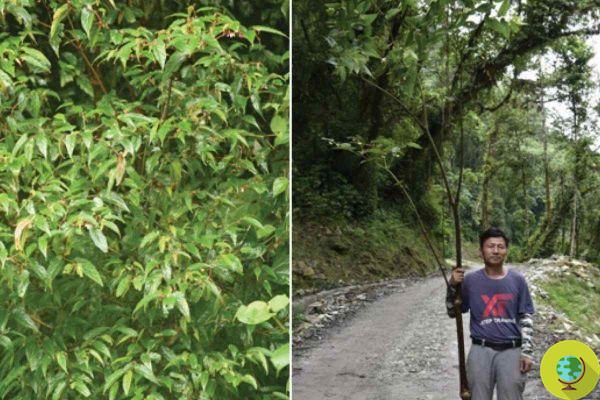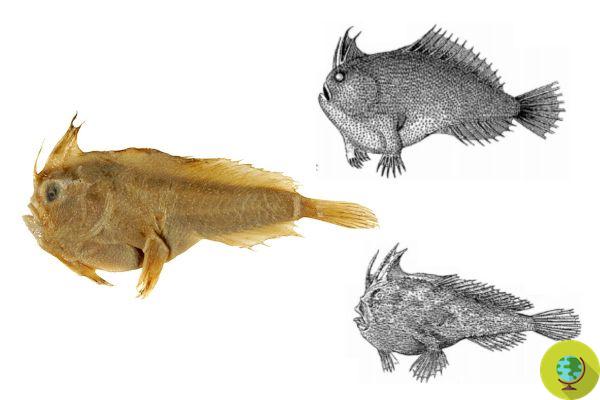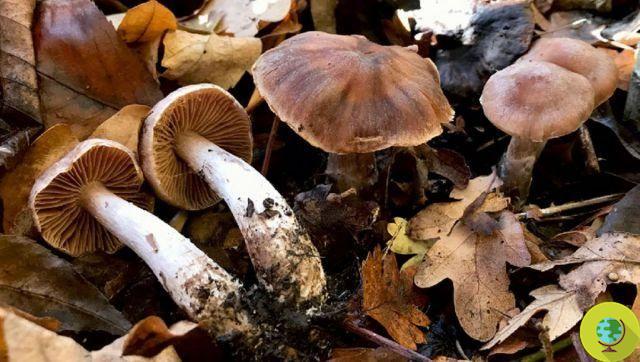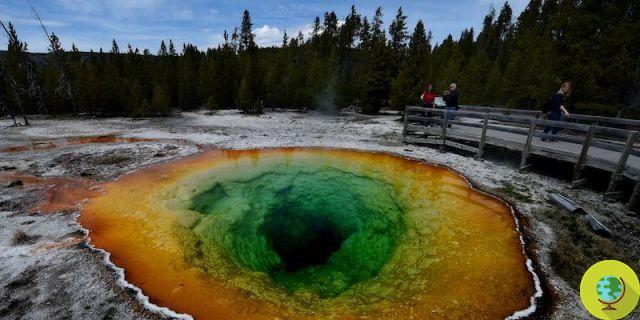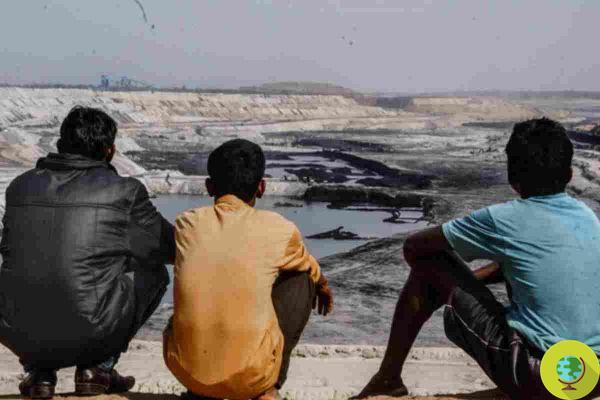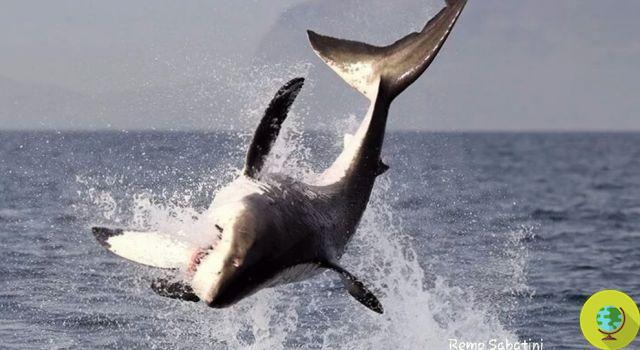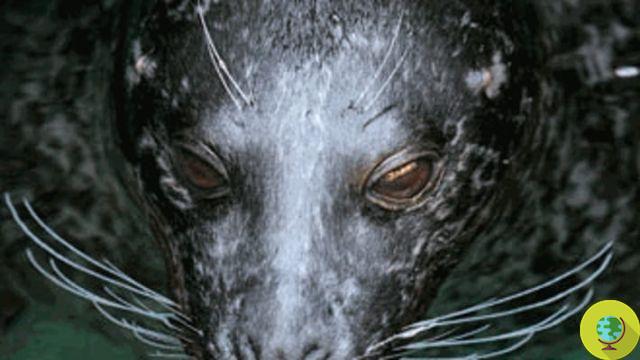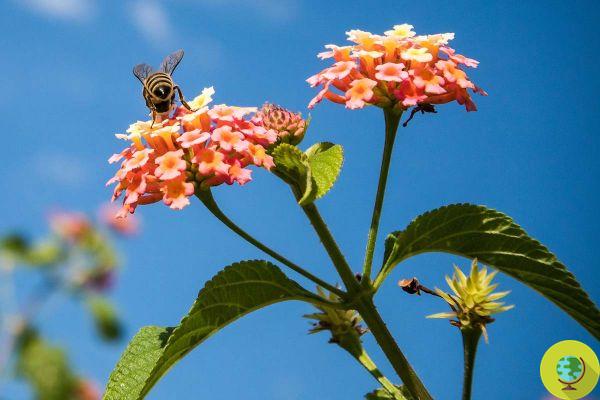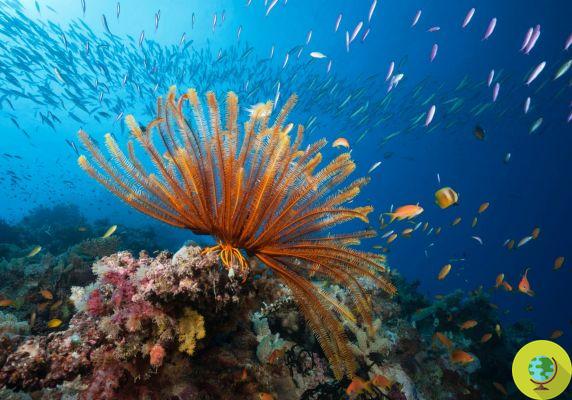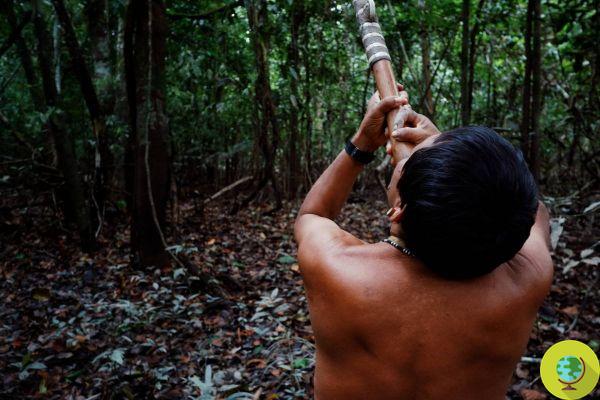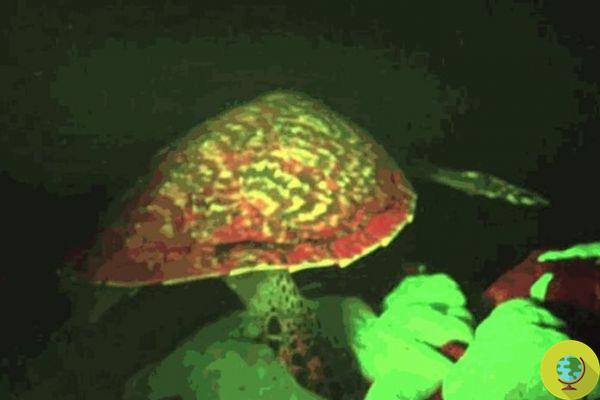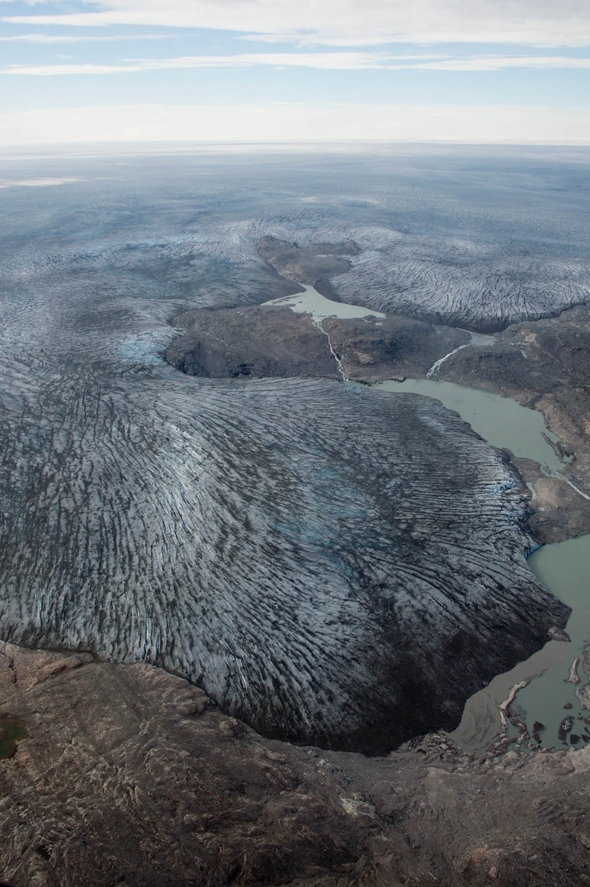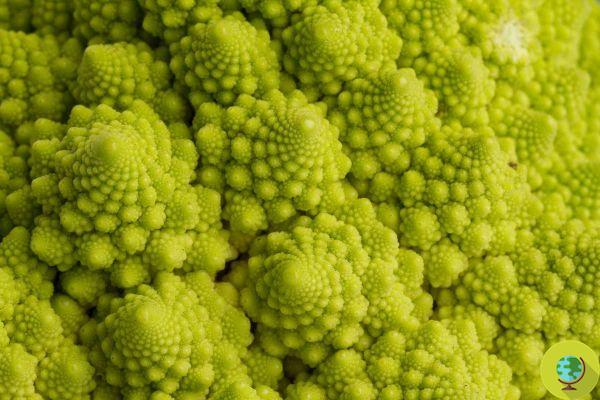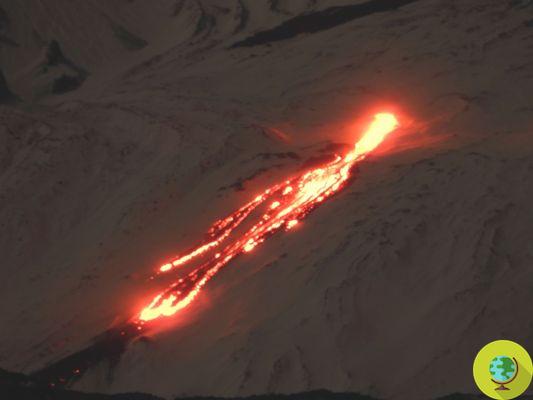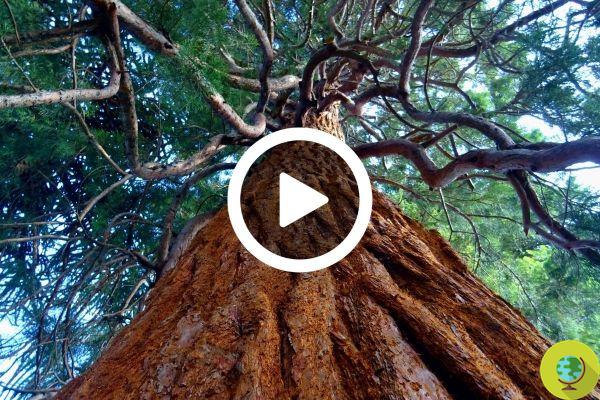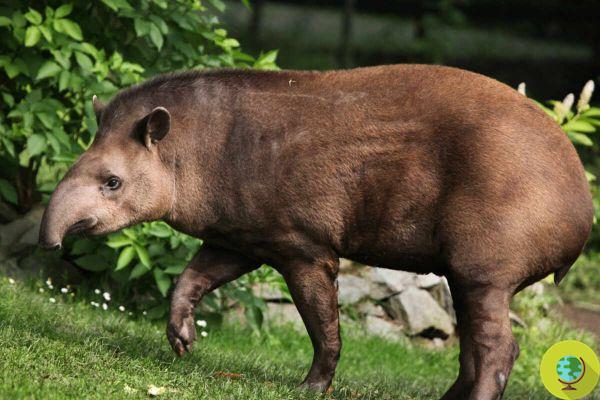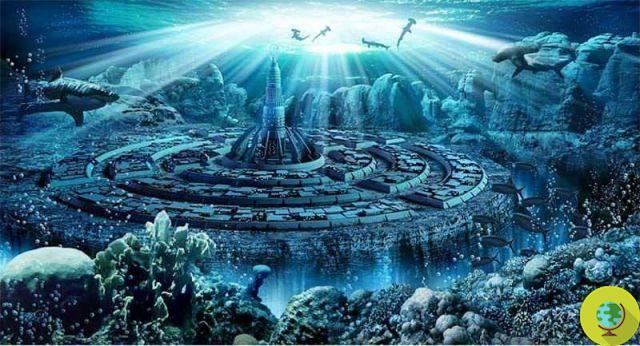In Fukushima in Japan, just like in Chernobyl, wild animals have come back to life. Monkeys, macaques, horses
He is about to end up run over, his mother saves himIn Fukushima in Japan, just like in Chernobyl, wild animals have come back to life. Macaques, horses, pheasants, foxes, raccoons, a very long list of over 20 species that are now entering into conflict with humans.
In particular, macaques and wild boars in search of food, increasingly reach neighboring cities or the area where people have remained to live because experts had ensured that the radiation levels were very low. Half of the houses are still empty and only a few elderly people have returned.
“Monkeys never came here, but after the disaster, the line between apes and humans blurred,” explains one of the inhabitants. “The houses were empty, but the gardens were still growing: plums, pears, chestnuts, persimmons. It was a wonderland for monkeys, an all-you-can-eat buffet. And they remembered him ”. “None of this is their fault. It is the fault of nuclear power. It is the fault of the humans who now try in every way to chase them, even using fireworks, ”he explains.
Monkeys most likely regard the area as they do, as humans have totally disappeared from this place. As we know, the Japanese government has delayed for another 5 years the removal of the radioactive magma trapped inside the Fukushima nuclear power plant damaged by the triple nuclear disaster of March 2011. And then it happens that in the exclusion zone it is nature that dominates, exactly as happened in Chernobyl or in a much less permanent way during the lockdown due to the pandemic.
Moose, roe deer, wild boar: animals repopulate Chernobyl after the nuclear disaster (PHOTO)
Almost a decade after the nuclear accident, researchers from the University of Georgia report how populations of wild animals are abundant in areas devoid of human life. The study published in the Journal of Frontiers in Ecology and the Environment found that more than 20 species were immortalized, including wild boars, Japanese hares, macaques, pheasants, foxes and the raccoon. There are over 267 photos of wild animals.
"Our findings represent the first evidence that numerous wildlife species are now abundant throughout the Fukushima evacuation zone, despite the presence of radiological contamination," said James Beasley, associate professor at the Savannah River Ecology Laboratory and the Warnell School. of Forestry and Natural Resources.
According to Beasley, species that are often in conflict with humans, especially wild boars, now roam free in evacuated areas and are on the rise. The study covered three research areas and cameras were placed at 106 sites. The zones are: the first one where humans have been excluded due to the higher level of contamination; the second one in which people have been limited due to an intermediate level of contamination; and the third is where humans inhabit, an area they have been allowed to stay in due to the very low levels of radiation in the environment.
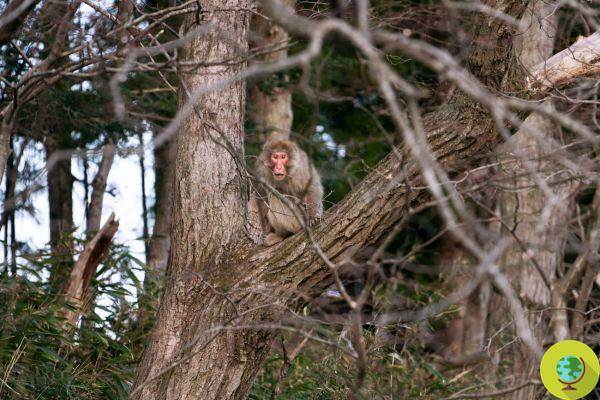
@Claire Harbage / NPR
"Based on these analyzes, our results show that low human activity and habitat type were the main factors affecting species abundance rather than radiation levels."
We now hope that now the balance of nature is not again threatened by man.
Fonte: NPR/ Science Daily
Read also:
- Fukushima: Japanese experts also want to dump tons of radioactive water into the Pacific
- Fukushima: radioactivity peaks beyond safe levels at the point where the 2020 Olympics should start
- Fukushima: Japan wants (again) to dump tons of radioactive water into the Pacific





